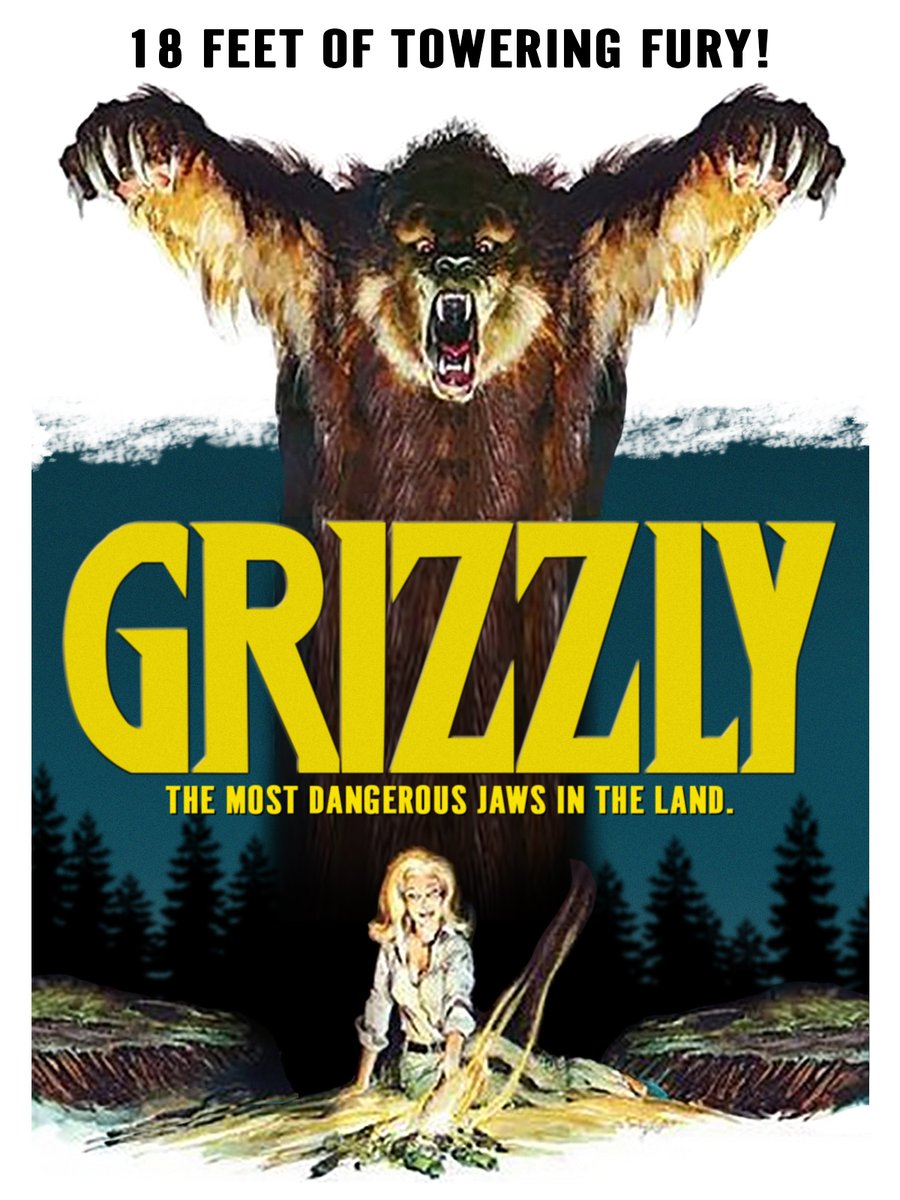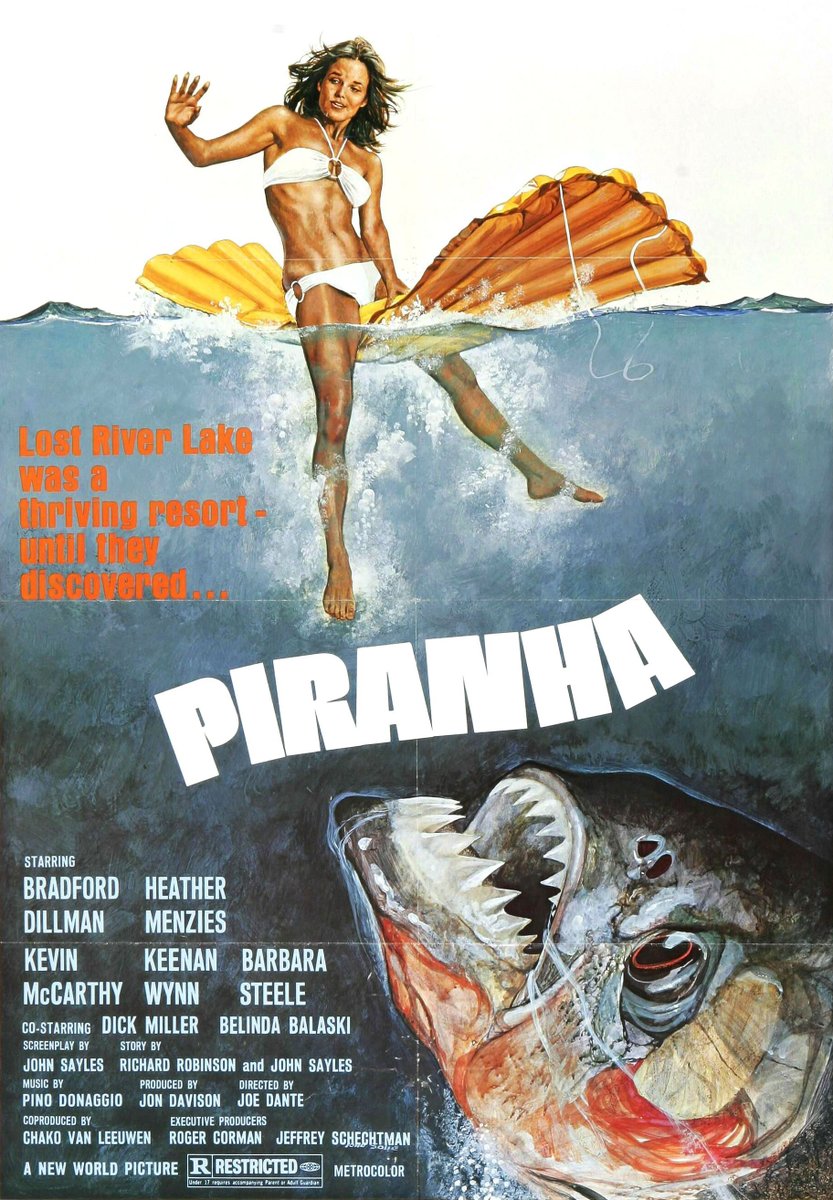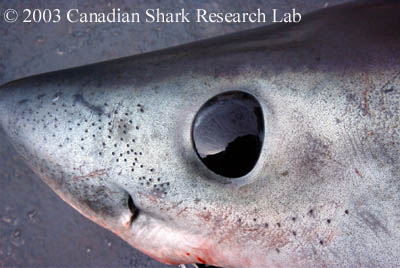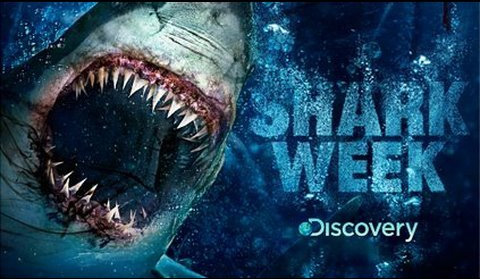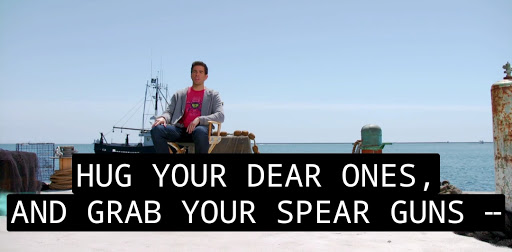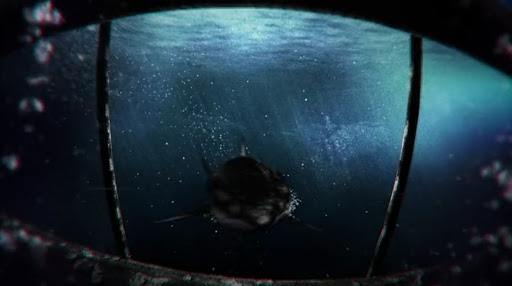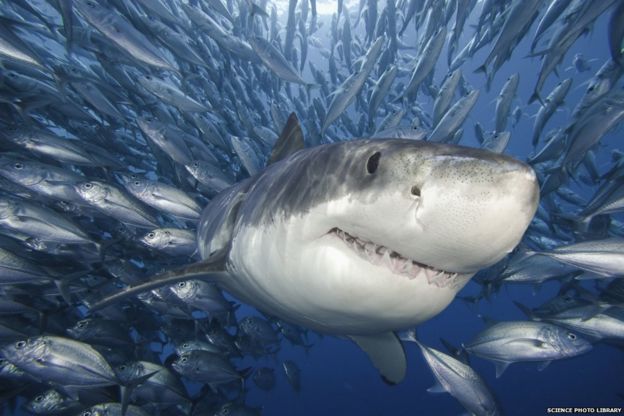the villainization of sharks by the media: a thread
i wrote this as a paper for a presentation so if it reads more like an essay than a twitter thread, thats why. i think its an easy enough read but i have a habit of writing kind of pretentiously so ill tone that down when im converting this thread :]
the image of sharks being vicious, bloodthirsty, terrifying, monstrous creatures that are even capable of enacting revenge is so commonly presented to us by movies that many people probably have it as their only impression of these fish
this isnt surprising, of course, as people are very easily influenced by things that were made with the intent to scare them
people are good at making scary stuff, and when the ocean is full of really fast, really big fish with lots of teeth, its obviously very easy to be scared and to take advantage of that fear and sell it and therefore spread it
in the original essay i talked a little bit about the first "shark movie", according to imdb, which came out in 1950. it& #39;s called "killer shark" so we& #39;re off to a great start with the villainization here. however, its not really important to the thread so we& #39;re gonna move on
there have been lots of shark movies of course, but from this point on i& #39;ll be focusing on Jaws and its effects on real life sharks
in 1975, Jaws was released. in this movie, the shark was not only portrayed as a terrifying, bloodthirsty monster, but it was clear that it held grudges and targeted specific humans for revenge. sharks like, dont do that, but its all part of the natural horror film genre
this genre involves placing human traits on animals that dont think like we do. after Jaws came out, there were several other natural horror films released with a similar storyline to it, including Grizzly (1976), Piranha (1978), and Alligator (1980)
Jaws obviously had a huge effect on the world, and won a total of 6 awards, majorly for its soundtrack. this is really interesting and not surprising because the soundtrack is a huge part of what scared people. background music greatly affects our perception of things
for example, the music playing in the background of a wine tasting will affect how the tasters describe the wine. this also applies to sharks
a 2016 study done by Plos One Journal found that participants who watched a video of sharks swimming with ominous backgrouns music described the sharks much more negatively than participants who watched the same video but with uplifting music or just in silence
they also had some participants listen to the ominous, uplifting, and silent tracks without any visuals, and then answer some questions about sharks and what words come to mind when they think of them
in that test, the people who listened to ominous music still thought more negatively about sharks, even though they didnt have the shark visuals directly associated with the music. heres the link to the study! https://journals.plos.org/plosone/article?id=10.1371/journal.pone.0159279">https://journals.plos.org/plosone/a...
music has really big effects on our perception of things. the Jaws theme is still regarded as scary even outside of the movie context
outside of the soundtrack and how much it affected the movie and its audiences, the way the great white was portrayed in Jaws was a souped-up caricature of everything bad you could imagine about sharks. one big detail is that the movie focused heavily on its eating habits
of course it did, its a horror movie, its supposed to scare people not to be accurate, i get it. but the lasting impression it left on people was that all sharks do is hunt, eat, prowl, etc etc
if someone made a movie about your life, but only filmed you when you ate, people would think all you ever do is eat. now thats what people think about sharks
there are a lot of subtle embellishments to the movie too, ones that are framed as small details but are meant to stick with us. this includes a mention that the shark "must be 25 feet long" when great whites fall between an average of 11-21 feet
maybe thats not that big of a difference, but 25 feet for a shark sounds big as hell, and thats the point. heres another article about the problems with Jaws, and about Peter Benchley, who im gonna talk about next! https://inews.co.uk/culture/film/what-hollywood-gets-wrong-about-sharks-80779">https://inews.co.uk/culture/f...
Jaws was originally a book, written by Peter Benchley, which came out in 1974, just a year before the movie was made and released. the book was loosely based on a 1916 incident in which a great white attacked swimmers along the coast of new jersey https://en.wikipedia.org/wiki/Jersey_Shore_shark_attacks_of_1916">https://en.wikipedia.org/wiki/Jers...
in 2000, Benchley had an interview with Animal Attack Files in which he expressed his regret at creating a "rogue shark". he stated that he knows now that there is no such thing as a shark who develops a taste for human flesh +
+ and if he had known that before, he never would have written the book. he spent a lot of the rest of his life advocating for the protection of sharks
however, his advocacy wasnt enough to prevent or reverse the damage the movie caused. after it was released, there was a huge spike in hunting for trophy sharks, or just hunting sharks to kill them without remorse, due to the new mindset that they were man-eaters
you didnt need anything fancy to catch a shark either, no expensive equipment or anything. any regular dude could just go out and catch a shark no problem. and they did
+
+
in the years after Jaws came out, the number of large sharks decreased by 50% along the eastern seaboard, according to George Burgess, the director or the Florida Program for Shark Research in Gainesville
to elaborate on this, research by biologist Dr. Julia Baum suggests that between 1986 and 2000 in the Northwest Atlantic Ocean, the population of hammerheads decreased by 89%, great whites by 79%, and tiger sharks by 65%
since the 1990s, protections have been put in place on great whites in many parts of the world, including California, Australia, New Zealand, and South Africa. although these protections have helped a little theres a very very long way to go before we get back to +
pre-1975 population levels. thats how big of an effect Jaws had, that we have the term pre-1975 https://www.bbc.com/news/magazine-33049099">https://www.bbc.com/news/maga...
the movie hugely affected how people perceive sharks to this day, and tainted the image of great whites, other large sharks, and even the word "jaws". in reality, sharks dont actively target humans as prey
hunting requires a lot of energy, and therefore sharks require food that has a lot of fat on it, such as seals. seal& #39;s fat is called blubber, and is different than human& #39;s fat as it has tons of blood vessels through it and is a lot thicker
humans, even fat ones, are also really boney, which makes us even more undesirable to sharks. while it is a common hypothesis that shark attacks occur due to the shark mistaking humans for seals, some researchers disagree
according to researchers at the ReefQuest Center for Shark Research, sharks& #39; vision is too good and their sense of smell is too sophisticated to mistake a human for a seal
in addition, they have pressure-sensitive pores (called ampullae) on their heads and bodies that let them detect movement and the slightest changes in pressure in the water around them, even if their other senses are somehow impaired
they also have electroreceptors that help them hone in on the tiny electrical fields that are present around all living things, even ones buried in sand. these senses make it unlikely that a shark would misidentify something as big as a human in the water
the researchers conclude that what& #39;s far more likely is that sharks see humans as fellow predators that could compete with them for food and territory. sharks dont bite humans in an attempt to eat them, but rather to let them know they want them to leave
despite this, there is only about one fatality due to a shark attack every two years
outside of Jaws& #39; effects on sharks, most media having to do with sharks violently caricatures and sensationalizes them. for example, shark week. if i& #39;m wrong about this, please correct me, but i tried to watch it and had to turn it off after only half an episode +
its always the same things; the violent, ominous background music on footage of sharks simply swimming around divers like something bad& #39;s about to happen +
the titles of episodes such as "jaws awakens" (which has intentions to spawn violent images of Jaws, obviously), "monsters under the bridge", "terrors from the deep", and "wicked sharks" from the 2020 schedule +
as well as jokes from the host, saying "hug your dear ones and grab your spear guns", which obviously implies that sharks are something to be afraid of, as well as giving you a mental image of a good way to kill them
in addition, in the title cutscene, a cgi shark comes up and opens its mouth at the camera, and a low roaring sound effect is put in. sharks dont have vocal organs. they physically cannot make noise, so its yet another way of making them seem a lot more scary than they really are
as far as i could tell, this show is just fear porn and fully intended to be a natural horror or thriller show at the expense of sharks& #39; lives everywhere. at least thats what i got from watching half an episode, but again please tell me if im wrong about this!
in conclusion, the villainization and demonization of sharks in media is rampant and has already had irreversible effects on sharks, and will continue to further violence against them
people love to paint them as scary bad guys because some of them look the part, and maybe its also due to a lack of understanding, such as in Peter Benchley& #39;s case. the fact that the writer or Jaws openly admitted to being uneducated about sharks +
and was very openly regretful about writing the book says so much about how deeply theyre misunderstood. like, to the point where people write highly inaccurate horror books about them because they heard about a shark attack from 60 years ago and assumed all sharks were like that
sharks arent evil, and dont even want to eat humans. they can be territorial, but so can all other animals, including humans
hunting, poaching, misinformation, and misrepresentation are bigger threats to sharks than theyve ever been to us

 Read on Twitter
Read on Twitter